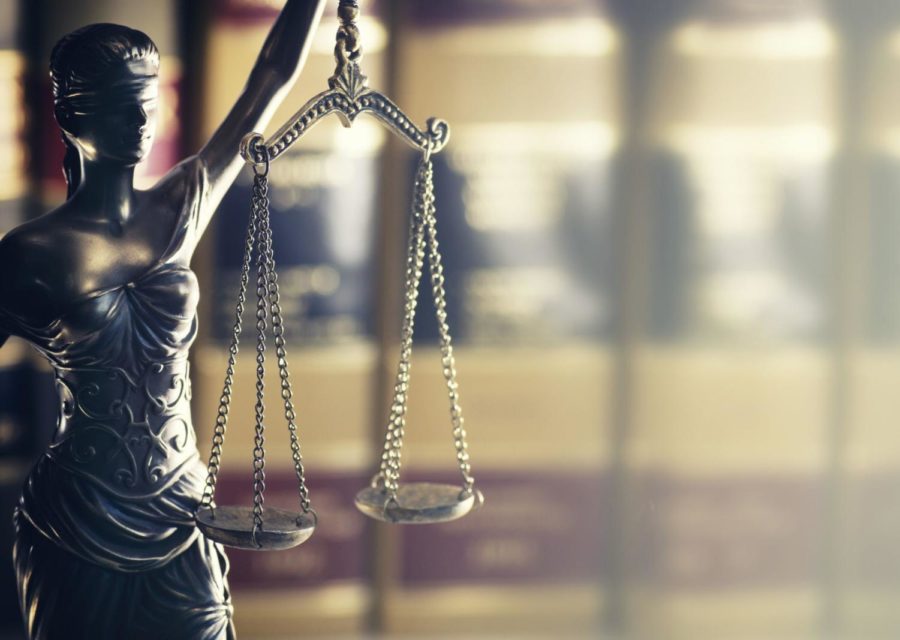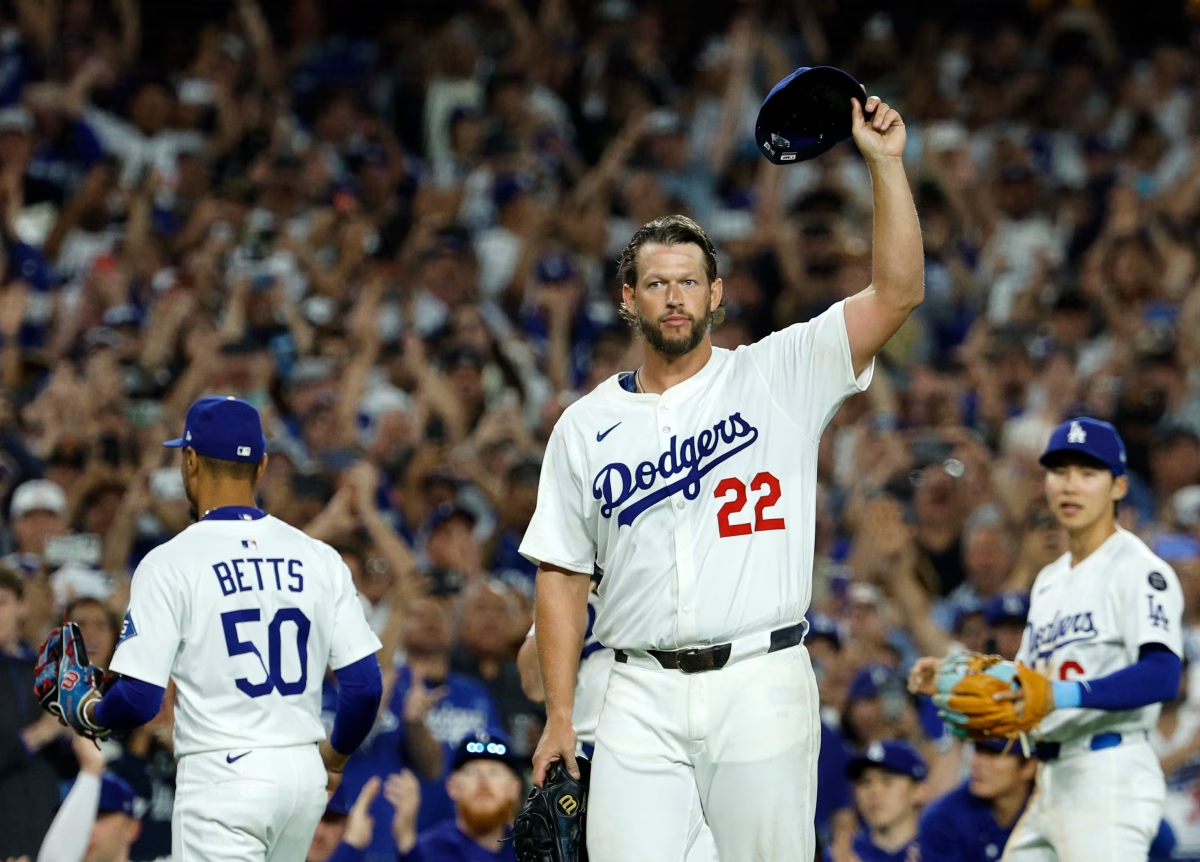The Problems With Eye Witness Reports
May 22, 2018
In our society, we often view the law as black and white; two separate ideals that are the opposite of each other. We often forget that aspects of the law go hand in hand. Whether it is light or darkness, good or bad, guilty or innocent, we rarely view them as combined elements. We forget that even the brightest light casts a shadow, and at times we contribute to the darkness on nights that are already void of stars.
It is a comforting lie to believe that the justice system works to protect the innocent and prosecute the guilty, however, that is not always the case. In these past years, over 100 people have been freed from prisons due to false convictions. Over a hundred innocent people have lost time serving a punishment that isn’t theirs. With the average prison sentence lasting 14.5 years, that is time they can never get back. In reality, the law isn’t always black and white, and there are many gray areas.
One of the biggest issues the justice system faces today is eye witness testimonies. Eye witness testimonies are often trusted by the court and used as evidence to convict someone, however, these reports are often false due to psychological factors that affect a person’s perception.
What we perceive and what we remember are two different worlds that rarely collide. It’s a common misconception that our mind records moments like a film. In reality, our memories are not replayed, they are reconstructed. Memories are like pieces of a puzzle. We try to put them together and create connections for events we cannot clearly recall. However, with eyewitness reports, this can lead to false statements.
When reconstructing a memory, a person can easily be influenced. People are often suggestible, meaning that they can easily be influenced by external sources. A person’s suggestibility can cause something small, such as rumors, or can lead to an innocent person being persecuted for a crime they didn’t commit. The way investigators phrase a question can be enough to cause a person to dramatize the memory, instead of reporting what actually happened. For example, if a person uses detailed phrasing to ask about the event, such as asking about a “gory murder” a person will often recall the events with much more violent details than what actually happened. Though the change in details may seem small, they can cause a person to be charged for a major crime when they only really committed a small felony.
Misidentification by an eyewitness is the primary reason innocent people are often convicted, being the cause about 75% of the time. Racial bias plays a major role in this process. With races a person is unfamiliar with, they often fail to accurately describe their looks far beyond the color of their skin. The generalization of a group of people often causes a person to be convicted based on their race instead of undeniable evidence. The infamous case of Ronald Cotton is just one example of this.
In police line-ups, people are usually put next to one another in a row. This causes the eyewitness to compare one suspect to another instead of comparing each suspect to their memory. Due to this, a person may pick someone that looks most like the person they saw, instead of the actual perpetrator. This also causes the witness to assume the person that committed the crime is in the line up. Instead of lining the suspects up, the justice should show the suspects one at a time. This will allow the witness to compare the suspect to their memory, instead of other suspects. With small actions, a big change could be made.
In today’s justice system, eye witness reports are given too much value, causing the law to have many gray areas surrounding evidence. Though eye witness reports can help support evidence, they should never be used as primary evidence for a crime. Eye witness reports can cause innocent people to spend years of their lives in prison, while the real perpetrator never faces discipline for their actions. With injustice occurring daily, we will never have a truly just society unless we start taking action to make a change.












